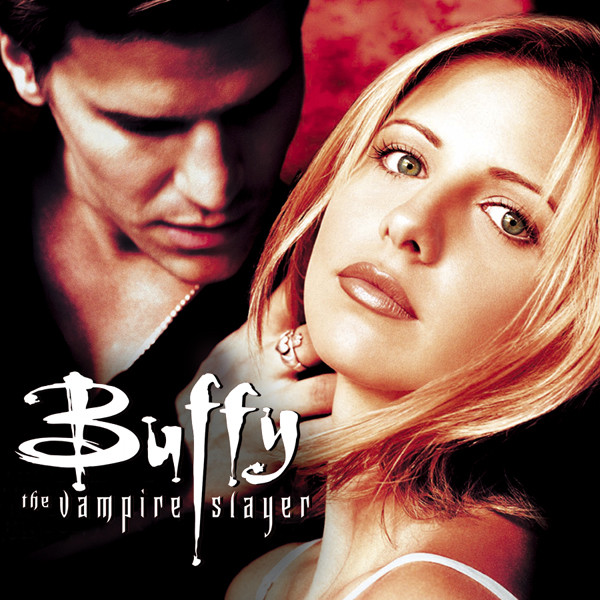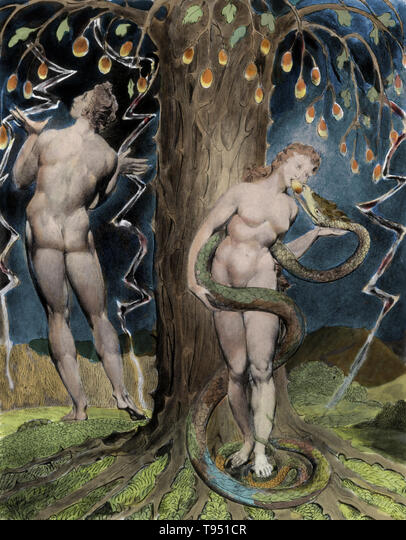
In the beginning was the War, and the War was of Man and the War was with Man. Man looked at the War and said that this is good.
For many, Western culture began approximately 800 BC (Before the Birth of Christ) with the dawning of the Golden Age of the Greeks, after a Dark Age which was the result/cause of the end of the Mycenaean Age. (Note: The Minoans were the first culture noted to have flushing toilets, yes, I’ve seen them, yes this was years ago, and my mind is still blown). The seminal work of literature from the 8th Century BC which has survived is The Iliad, written by a blind poet called Homer (whether he was real or many people etc. is irrelevant), the story of the heroic Greek kingdoms coming together to rescues Helen of Sparta who had run away, of her own free will with Paris, Prince of the city of Troy.
To digress, a few things to clear up in this story. 1) Helen married Menelaus, King of Sparta, brother of the High King of the Greeks, against her will. The Kings of the Greek states drew lots to see who would be able to marry her, so her running away after falling in love should be seen as heroic on her part. 2) She is known as Helen of Troy, when she was Helen of Sparta, not important but it annoys me (what doesn’t, I hear you ask). 3) See below
After ten years of fighting, Odysseus, King of Ithaca, has a great idea (he was very smart). Why not build a very big horse, fill it with a candy surprise, and run away and hide, thinking that the Trojans would be so stupid that they would knock down the top of the archway of Troy to bring it inside, which they did, not knowing it was full of candy surprises in the form of the Greek Kings who heroically crept out when everyone was drunk and asleep and slaughtered all of the men, women and children, retrieving Helen in the process to take her back to a life of misery. (Note: some versions of the story say that she was speared this fate as her husband slew her and other versions say she was exiled after her husband died and was hanged, another version says that she and Paris had three children who died when the roof of their home in Troy collapsed killing them. Although the first account that she returned to Sparta is the original, none of the accounts make it seem very good to be a woman in the Age of Heroes, a common theme.)
Anyway, this is when comparative mythologies become interesting. After the Greek horse (contrived by, executed by, containing Greeks) bafflingly known as (3)) the Trojan Horse, was emptied of its candy surprise, according to Greek mythology, the Greeks went back home having killed everyone. The Roman Empire, which followed the Greek Golden Age, tells it differently. According to the Roman poet, Virgil, two Trojans survived, one being Aeneas, a Prince of Troy (it seems they had many Princes from different parents and gods/goddesses). Whilst the book which follows The Iliad in the Greek mythos, The Odyssey, tells the tale of the hero of the Greeks, Odysseus, so smart he pisses off the gods by bragging that he is smarter than them meaning they contrived to make his return journey last another 10 years through which he has flings and adventures whilst his wife sits at home, waiting for 20 years, only for him to return and trick her into proving that she has been faithful to him (not so Golden Age for women, eh?), in the poet Virgil’s The Aeneid, it is Aeneas who has the long trek, not home, but away from Troy, eventually settling in Italy and becoming the founder (indirectly) of Rome. Here we see a perfect example of how the Romans stole other mythologies to make their claim of greatness more substantive. Indeed, many of the great Greeks and Romans who founded the Western Civilisation claimed to be descended from the Greek Demi-God, Hercules.
It is not only in Greek and Roman mythologies that we can see the same story being played out. The Judeo-Christian Bible tells of a great flood which kills everyone except a select few, the same story is in Greek mythology as in Islamic, Babylonic etc. and is believed to refer to the melting of a glacier in the region which flooded much of the Mediterranean. Also, we have, as we spoke of a few weeks ago, the First Woman myth, of how in the Greek mythos and Judeo-Christian Bible, the First Woman (Pandora and Eve, respectively), were faced with temptation and fell. Pandora opened a box and Eve ate an apple. Suddenly, the human race was evicted from paradise and we all had/have to suffer because of these two women and their curiosity (mythologies really don’t like women, do they? Luckily that has changed now, and women are given the respect they deserve. They’re not? But, at least, the same small petty insecure men aren’t in control of everything now…wait, they are? Hmmm, maybe someone should do something about that…).
To return to the story of The Aeneid, Aeneas’ children’s children is killed. His daughter, Rhea Silvia, is then made into a Vestural Virgin (a priestess to a god/goddess who as the name suggests must be a virgin) so that she can never have children and threaten the lineage of Kingship. However, as the Roman historian, Livy, puts it, the Fates had different plans! Rhea Silvia is raped, maybe by a God, maybe not, and has two children! (Wait, even the Fates hate women?!). Rape, as we see in mythology, and in the modern Eastern and Western worlds, is something which happens to women and who they are the cause of. The cognitive dissonance there of them being the ones who are to blame for being raped is deeply concerning for some see it as truth, some very stupid people who make up the majority of the 7.5 billion people in the world. (Note: Another Greek myth of note where rape happens is the story of Medusa. Medusa was the most beautiful girl in the world and a Vestal Virgin. However, the God Poseidon wanted her and raped her in front of the statue of Athena, the Goddess of Wisdom (and War, hmmm). In mythologies, the gods and goddesses could see through the eyes of their statues and so Athena watched the rape happen. Afterwards she went to Medusa and accused her of having sexual intercourse. When Medusa explained what had happened, Athena shrugged and said ‘boys be boys’, and turned Medusa into a Gorgon, a creature so vile that to look upon her would turn you to stone, and then banished her to live alone in a place where her only company was the statues of those who had tried to kill her).
The two children of Rhea Silvia are taken away to be drowned but are rescued by a she-wolf who suckles them, and they grow up to be Romulus and Ramus. Boys being boys, and all that, the two are rivals and Romulus kills his brother and founds Rome in a swamp- a city created by the bastard child of a raped mother who killed his own brother. Nice. In the Judeo-Christian Bible, there is the story of the children of Adam and Eve, the first man and woman. Cain and Abel, long story short, sacrifice to God. God prefers Abel’s sacrifice so Cain, of course, kills his brother, just as Romulus killed his.
The Virgin Birth of Romulus, the founder of Rome, also echoes the birth of Jesus Christ of Mary in the Bible (hmmm, Roman Catholic Church…Virgin birth…hmmm, Rome…Virgin birth, maybe the is a link there…), however, these comparative mythologies cannot be contained in the West. The Great Flood also appears in Chinese mythology and in the Judeo-Christian Bible, there is the story of Abraham who has a child of his servant called Ishmael yet has another son of his wife, Isaac. Whilst God commands, as a test of faith, that Abraham kills Isaac, mirroring what he himself would do with Jesus, only to reprieve Abraham and stay his hand, Ishmael is exiled from the family. As recompense, God says that both Isaac and Ishmael will be the Fathers of Great Races, Jews and Muslims respectively. Wait, so Christians, Jews and Muslims are all technically brothers and sisters? So why all the fighting? Hmmm, makes you think…
So, to return to the question, can we believe mythologies? The answer is twofold. No, we cannot see them as being literal in terms of blow-by-blow accounts of what actually happened physically, but yes, we can take them literally as metaphysic accounts of the development of civilisation and the attempt of people to understand their world, something the new religion of Science attempts to do also, and to justify what seems to be men’s crippling fear of women…
‘till next time



